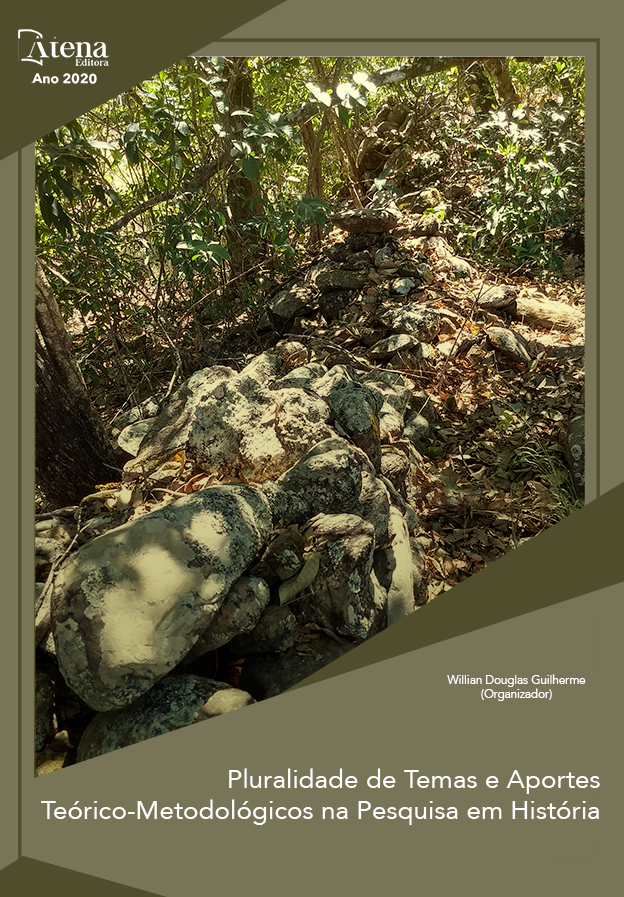
HISTÓRIAS E MEMÓRIAS: UM DEBATE SOBRE AS INSTITUIÇÕES ESCOLARES NO MUNICÍPIO DA CORTE IMPERIAL BRASILEIRA
O somatório das vivências experimentadas por discentes, docentes e demais integrantes de uma instituição escolar não comporta a infinidade de possibilidades analíticas que se atrelam aos debates sobre as múltiplas produções de sentidos que se estabelecem nestes espaços. Deste modo, convém situar a relevância assumida pela década de 1870 no Império Brasileiro, em especial, no Município Neutro, uma vez que propiciou o desenvolvimento de distintos projetos que possibilitaram as primeiras iniciativas de institucionalização escolar sob princípios arquitetônicos, ou seja, das construções dos primeiros edifícios escolares destinados ao ensino e à aprendizagem de crianças. Em consequência disso, torna-se possível inquirir sobre o papel desempenhado pelas demarcações espaciais das escolas que, através das intencionalidades político-discursivas de seus variados agentes, tanto internos quanto externos, puderam forjar e materializar as relações de poder que (in)visibilizaram o exercício das funções enunciativas, bem como das memórias coletivas e individuais de grupos e sujeitos específicos. Utilizo como referenciais teórico metodológicos: ABREU (2013), ARANHA (2006), AUGRAS (1992), BENCOSTTA (2011), FOUCAULT (1999), LIMEIRA (2012), GONDRA e ROCHA (2002), SILVA (2006), SCHUELER (1999), RIOS (2015), VARELA e ALVAREZ-URIA (1992), SEVERINO (1992) e LUCKESI (1994). Por intermédio destas leituras, pode-se constatar que as abrangências históricas das instituições escolares se integram ao desenvolvimento e à consolidação da burguesia, assim como da mudança de conjuntura histórica que instituiu a passagem da sociedade penal para a disciplinar. Tais questionamentos articulam-se à emergência de correlacionarmos, criticamente, os aspectos das histórias destes estabelecimentos de ensino aos dos processos de escolarização no Brasil e, além disso, daquilo que foi ecoado em nossas subjetividades, isto é, da criação de ambiências memorialísticas que nos fazem recordar momentos de omissão e de protagonismo no interior das disposições materiais institucionais presentes em nossos percursos de escolarização em toda a educação básica.
HISTÓRIAS E MEMÓRIAS: UM DEBATE SOBRE AS INSTITUIÇÕES ESCOLARES NO MUNICÍPIO DA CORTE IMPERIAL BRASILEIRA
-
DOI: 10.22533/at.ed.9272021091
-
Palavras-chave: História da Educação; História das Instituições Escolares; Arquitetura Escolar.
-
Keywords: History of Education; History of School Institutions; School Architecture
-
Abstract:
The sum of the experiences experienced by students, teachers and other members of a school institution does not include the infinity of analytical possibilities that are linked to the debates on the multiple productions of senses that are established in these spaces. Thus, it is convenient to situate the relevance assumed by the 1870s in the Brazilian Empire, especially in the Neutral Municipality, since it led to the development of different projects that enabled the first school institutionalization initiatives under architectural principles, i.e., the construction of the first school buildings intended for teaching and learning children. As a result, it became possible to inquire about the role played by the spatial demarcations of schools which, through the political-discursive intentionalities of their various agents, both internal and external, were able to forge and materialize the power relations that (in)visualized the exercise of enunciative functions, as well as the collective and individual memories of specific groups and subjects. I use as theoretical methodological references: ABREU (2013), ARANHA (2006), AUGRAS (1992), BENCOSTTA (2011), FOUCAULT (1999), LIMEIRA (2012), GONDRA and ROCHA (2002), SILVA (2006), SCHUELER (1999), RIOS (2015), VARELA and ALVAREZ-URIA (1992), SEVERINO (1992) and LUCKESI (1994). Through these readings, it can be seen that the historical scope of school institutions is integrated with the development and consolidation of the bourgeoisie, as well as with the change in the historical context that instituted the transition from criminal to disciplinary society. These questions are linked to the emergence of a critical correlation between the histories of these educational institutions and the processes of schooling in Brazil and, in addition, to what has been echoed in our subjectivities, that is, the creation of memorial settings which remind us of moments of omission and protagonism within the material institutional arrangements present in our schooling paths throughout basic education.
-
Número de páginas: 21
- Diego Dias Salgado


